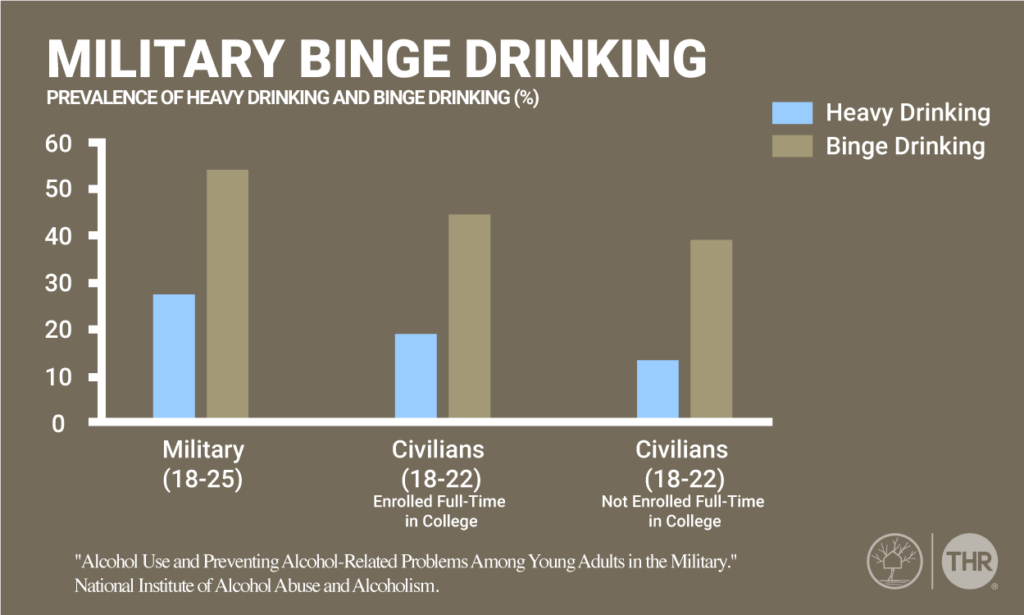Understanding Substance Use Disorder and Treatment for Active Duty Military Service Members
Table of Contents
Military substance abuse treatment can save lives. Military service members and their families make significant sacrifices to this nation. And this overwhelming gift allows us all the freedom to pursue happiness in a free and safe land. The patriotism of these men and women can lead to mental and physical wounds, and addiction can be the result. Addiction and pain leave someone feeling mentally, physically, and emotionally broken, unable to regain control of the person they once knew.
The Tree House Commitment
The Tree House team honors this sacrifice and is dedicated to helping our military men and women take control back and become the people they once knew. Our veteran-owned program has a decade of experience supporting military members, athletes, and other high performers. We thank you and with our addiction treatment resources, we are here to help you get your addiction in check and live your best life. Addiction is just one more mountain to climb.
We proudly accept TriCare and offer affordable cash pay options
Tricare East
Tricare West
Prime and Tricare Select
Military Substance Abuse Treatment in North Carolina
Tree House Recovery NC is an outpatient substance use disorder treatment program available to active duty personnel. Tree House is an effective next step after the SUDCC program. Our mission is to help active duty members struggling with substance abuse become mission-ready by using effective treatment strategies. We will help you develop strength in sobriety, enhance your quality of life, and promote healthy lifestyles.
We believe that the most effective path to recovery involves education, trauma therapy, community, and a healthy lifestyle that improves your quality of life. Our evidence-based program, individualized treatment, coping strategies, and tools to prevent relapse will free you from addiction. Call us today for a confidential assessment.
Available Resources
- Addiction assessment
- Outpatient rehabilitation
- Individual and group therapy
- Family and couple therapy
- Aftercare
- Detox coordination
- Coordinating medication management referrals
Military Alcohol and Drug Addiction Statistics
The stress of deployment can increase the risk of substance use disorder (SUD) for active duty personnel. Alcohol is the most common type of SUD among the enlisted, according to the Nation Institute of Drug Abuse [1]. Active duty personnel report binge drinking at a rate of 30%, which is 6% higher than the civilian population [2]. Binge drinking is when someone has a lot of alcohol in a short time period (four to five drinks or more in one to two hours). Exposure to combat violence, injury, and trauma put military members at risk for developing a dependency on opiates and other substances as well in an effort to cope. Fortunately, discreet and effective SUD treatment is available.
Military PTSD and Addiction Statistics
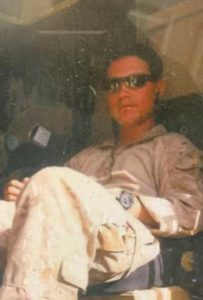 Because of the stress of deployment and combat trauma, PTSD is common among military personnel. Following Operations Iraqi Freedom (OIF) and Enduring Freedom (OEF), 11-20% who served have PTSD in a given year. Those who served in the Gulf War (Desert Storm) are seeing rates of PTSD at 12% [3] According to the U.S. Department of Veteran Affairs, 51.9% of men and 27.9% of women with PTSD also had substance use disorder (SUD) [4].
Because of the stress of deployment and combat trauma, PTSD is common among military personnel. Following Operations Iraqi Freedom (OIF) and Enduring Freedom (OEF), 11-20% who served have PTSD in a given year. Those who served in the Gulf War (Desert Storm) are seeing rates of PTSD at 12% [3] According to the U.S. Department of Veteran Affairs, 51.9% of men and 27.9% of women with PTSD also had substance use disorder (SUD) [4].
However, addiction and PTSD can be treated successfully at the same time. Evidence-based treatment methods are the most effective for treating these co-occurring conditions. If you think you or someone close to you is battling SUD and PTDS, understand that you don’t have to face it alone. Effective help is available. We can help you put together a game plan. Call us for a free and confidential assessment.
Effective Evidence-Based Treatment
Ready to climb this mountain? Tree House Recovery is here to help by making a purpose-built treatment plan that works for you. Our rehab center for active duty members in North Carolina specializes in resolving trauma and SUD using proven methods. As a military member, you are already strong. Our approach will build on that strength using evidence-based techniques. We offer a mind, body, and team approach that will help reset and optimize your mental, physical, and social fitness.
Evidence-Based Methods:
We integrate the best available research into our approach and use evidence-based methods that work, including:
- Cognitive-behavioral therapy
- Cognitive processing
- Mindfulness-based cognitive therapy
- Motivational
- Enhancement therapy
- Eye movement desensitization and reprocessing (EMDR)
- SUD fitness therapy
- Acceptance and commitment therapy
- Interpersonal
- Psychotherapy
- Family therapy
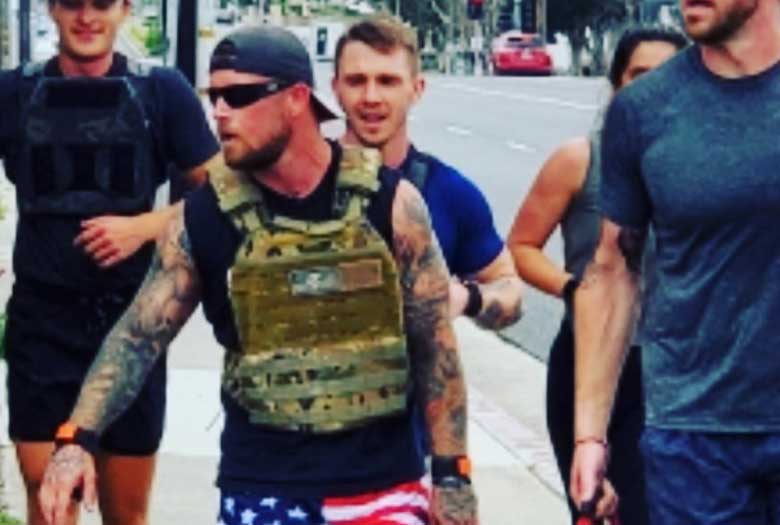
Tree House Recovery and the Military
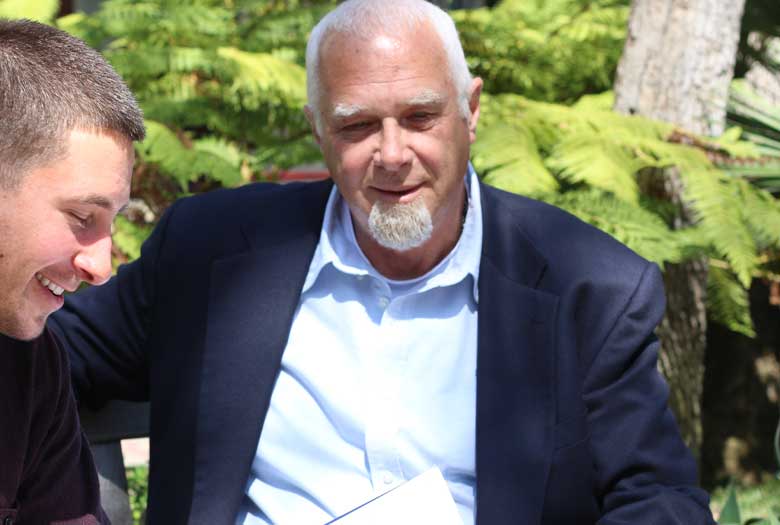
George Coleman
Co-founder and co-owner George Coleman served three combat tours as a U.S. military intelligence specialist in Asia. Coleman has worked with hundreds of young men and women seeking sobriety. At Tree House, he works directly with clients specializing in helping to resolve PTSD.
Neil Trusso
Our National Physical Empowerment Director, Neil Trusso, served as a U.S. Navy SEAL from 1989 to 1997. Trusso has nearly a decade of work directly with clients helping them rebuild themselves chemically, physically, and socially through fitness, meditation, and team-based therapies.
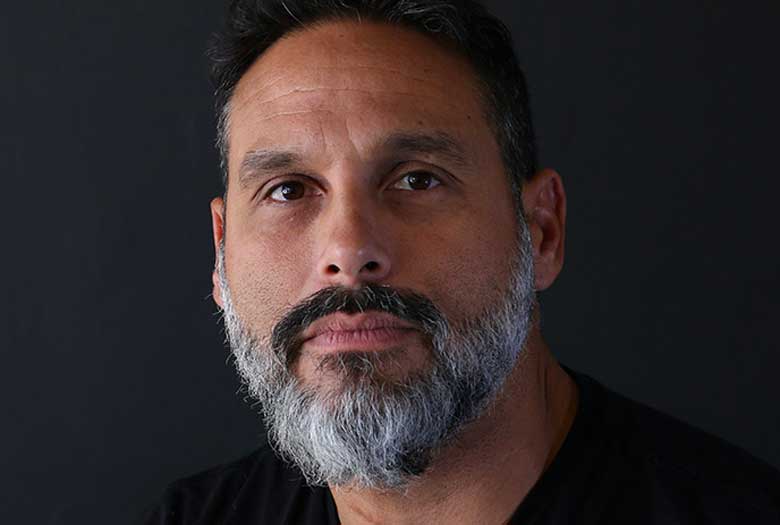
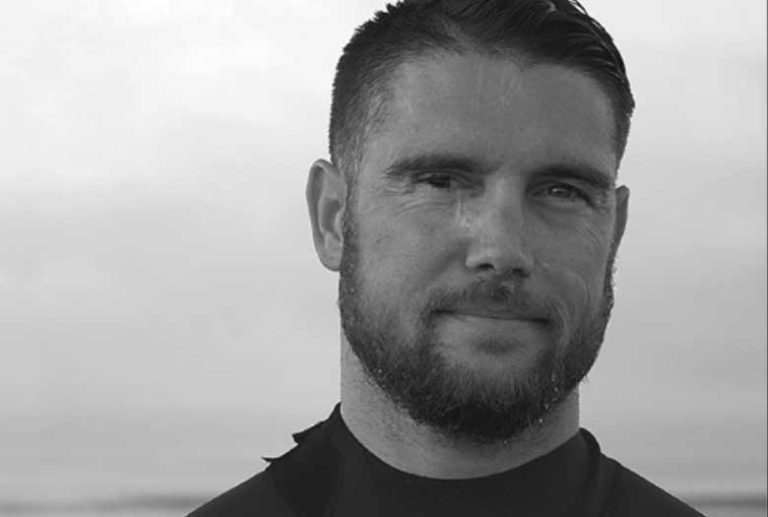
Brandon Fender
A retired Marine who served 13 years in the United States Marine Corps, Fender deployed multiple times to Iraq and Afghanistan in support of Operation Iraqi Freedom and Operation Enduring Freedom. As a program graduate, today he works at Tree House as a therapist helping vets and military personnel deal with the same issues he had.
Combat Veteran Recovery Story
Ready to take control back?
To learn more about our rehab for military members in North Carolina, contact us today:
Off-Post Rehab for Active Duty Members in North Carolina
Tree House Recovery helps military service members at discreet, off-post locations throughout the U.S. For help with substance abuse while stationed in North Carolina, our Wilmington treatment center may be a good option for you. Our certified clinicians address military substance abuse by taking a holistic, evidence-based approach. If you need help with PTSD and addiction, contact us today at 910-812-1728.
- Holistic care
- Substance abuse treatment
- Trauma
- PTSD
Tree House Recovery Locations:
- North Carolina
- California
- Oregon
Tree House's 90-Day Outpatient Program
Tree House offers a 90-day off-base outpatient SUD program in Wilmington, North Carolina. For those who need to work on their recovery while maintaining their professional and personal lives, Tree House North Carolina may be a good option. Our program schedules treatment in the evening during the workweek; we design our therapy to help people resolve the core issues of addiction while tending to work and family.
Our curriculum-based outpatient program will help you effectively cope with trauma and build a strong peer support network. It also allows you to understand the root causes of your addiction and build relapse prevention tools that work for you. Most importantly, you will be able to fold these skills into your life as you learn them—all with the help of your SUD treatment team.
Addiction Recovery End-State
The goal of recovery is to live a life without limits, happy and free from your addiction—not to live a life of can’t-do’s. The best way to look at SUD treatment is to view it as an opportunity to reach your peak performance. Some people need to step away from everything to focus on getting well. Others may not need to put life on hold to get well. Depending on your level of need, Tree House offers different options to get you to a healthy and optimized end-state. Call us for a confidential assessment, and you can start mapping your path to health right away.
Aftercare resources typically include:
- Sober living homes.
- Support groups
- Sober fitness groups
- Family support groups
Aftercare Resources and Tree House Recovery
Community Meetings
The bigger your team, the greater your potential will become. Building a solid sober community will strengthen your ability to stay healthy in recovery. We will help connect you with support meetings so you can create that big better team in life.
Sober Fitness Groups
Fitness is a big part of our program at Tree House. Graduates who continue their commitment to exercise increase their chances of staying sober. As a military member, you are not a stranger to maintaining fitness. That said, we offer our gym facility for continued use after treatment. It’s a perfect way to stay connected to your sober team and keep your momentum strong. We also help connect you to other sober fitness groups in your local area.
Support Groups
Support groups can be a great resource when it comes to maintaining your sobriety long-term. We connect you to various group options to stay connected both within Tree House and out. Having a large sober social network of friends gives you people to lean on and a strong sense of community.
Family Support Groups
Addiction affects the entire family, and Tree House is also a resource for family members of those working through addiction. Our family program is one of the best in the nation and can help military family members focus on healing themselves while their loved ones are in treatment. Your family is part of your team, and we work hard to make sure the team is strong. We also help connect you to outside organizations that specialize in helping families affected by addiction.
Time in Treatment
You expect to spend three to five months in treatment depending on your situation and level of need. Our shorter, less intensive program (90-day IOP) may be the best fit for your situation. However, it is crucial to understand that you may need to dedicate more time, and our five-month program may be a better route. Our over-the-phone assessment will help you to determine the best course to take.
Benefits of our intensive outpatient program (IOP) include:
- THR’s IOP can be a stepping stone from detox or residential care, giving you structure, accountability, and community.
- You don’t need to pause your life. Unlike residential programs, you can work, go to school and live at home.
- You have more autonomy to start using new life skills in the real world with your treatment team’s guidance and support.
Ready to take control back?
To learn more about our addiction treatment center for military members, contact us today:
Military Substance Abuse Resources:
If you need help or you think someone you care for is struggling with addiction, there are many resources available to you.
Military SUD Program Resources
- SAMHSA, aka The Substance Abuse and Mental Health Services Administration, is a resource for active duty military personnel seeking treatment. Call directly (1-800-662-HELP) or visit their website.
- SUDCC army: Information on Substance Use Disorder Treatment for Army Members
- The United States Department of Veteran Affairs:
- VA Treatment Programs for Substance Abuse provided by The United States Department of Veteran Affairs:
Military Benefits for SUD Resources
- Military One Source offers information about addiction and warning signs, as well as treatment and recovery resources for service members and their families.
Military Suicide Emergency Resource
- Veterans Crisis Line (24/7): 1-800-273-8255 (press 1)
- https://www.veteranscrisisline.net/
Military Substance Abuse Treatment
There are three phases necessary to treat addiction effectively. It starts with medical detox to help overcome withdrawal symptoms and is followed by an evidence-based treatment program. The last step is creating an individual maintenance plan that includes relapse prevention strategies and skills.
 Medical Detox
Medical Detox
Detoxing from certain substances can be uncomfortable, especially in the first three days. That’s why the safest and most effective way to begin your recovery is with medical detox. Medical detox facilities can provide you with comfort medications to help taper you off substances and decrease withdrawal symptoms. However, it’s important to understand that detox will only help you deal with the physical dependence, not the root cause of your addiction. Without proper treatment after detox, many people will relapse.
 Treatment
Treatment
Once you’ve ended your body’s physical dependence on drugs or alcohol in medical detox, you need to address the core cause of your addiction in a treatment program for active duty military. Treatment programs help you address the root causes of addiction. They also help optimize the three areas of your life that addiction affects. First is your biological health, which is why Tree House Recovery incorporates a fitness program into our treatment plans. Next is mental health treatment to address concerns such as internal trauma or past experiences. Last is social health, which typically involves repairing relationships, becoming part of supportive communities, and learning to build strong, healthy bonds with others, which is critical for lasting sobriety.
 Aftercare
Aftercare
Once you’ve discovered the root cause of your addiction in our rehab for active duty members in North Carolina and optimized yourself physically, socially, and mentally, the key is maintenance. An individualized maintenance plan will help prevent relapse and reinforce a solid foundation of sobriety by emphasizing physical, social, and mental health awareness.
An aftercare plan can help you:
- Maintain peer connections
- Maintain your physical health
- Maintain a personal growth plan

Author
Robert Funk: Addiction Writer
References:
- https://www.drugabuse.gov/publications/drugfacts/substance-use-military-life#ref
- Meadows, S.O., Engel, C.C, Collins, R.L, et al. (2015). Health Related Behaviors Survey: Substance Use Among U.S. Active-Duty Service Members. Santa Monica, CA: RAND Corporation, 2018. https://www.rand.org/pubs/research_briefs/RB9955z7.html
- https://www.ptsd.va.gov/understand/common/common_veterans.asp
https://www.ptsd.va.gov/professional/treat/cooccurring/tx_sud_va.asp

